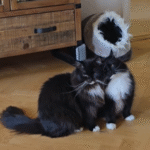Every cat lover knows the heartache of seeing a beloved feline friend in distress. Cats, much like humans, can experience trauma and stress, leaving them anxious and withdrawn. But fear not! With patience, love, and understanding, you can help your furry companion find solace. Let’s explore how to comfort a cat who’s been through a lot, transforming their world from a place of fear to a haven of safety.
Understanding Cat Trauma
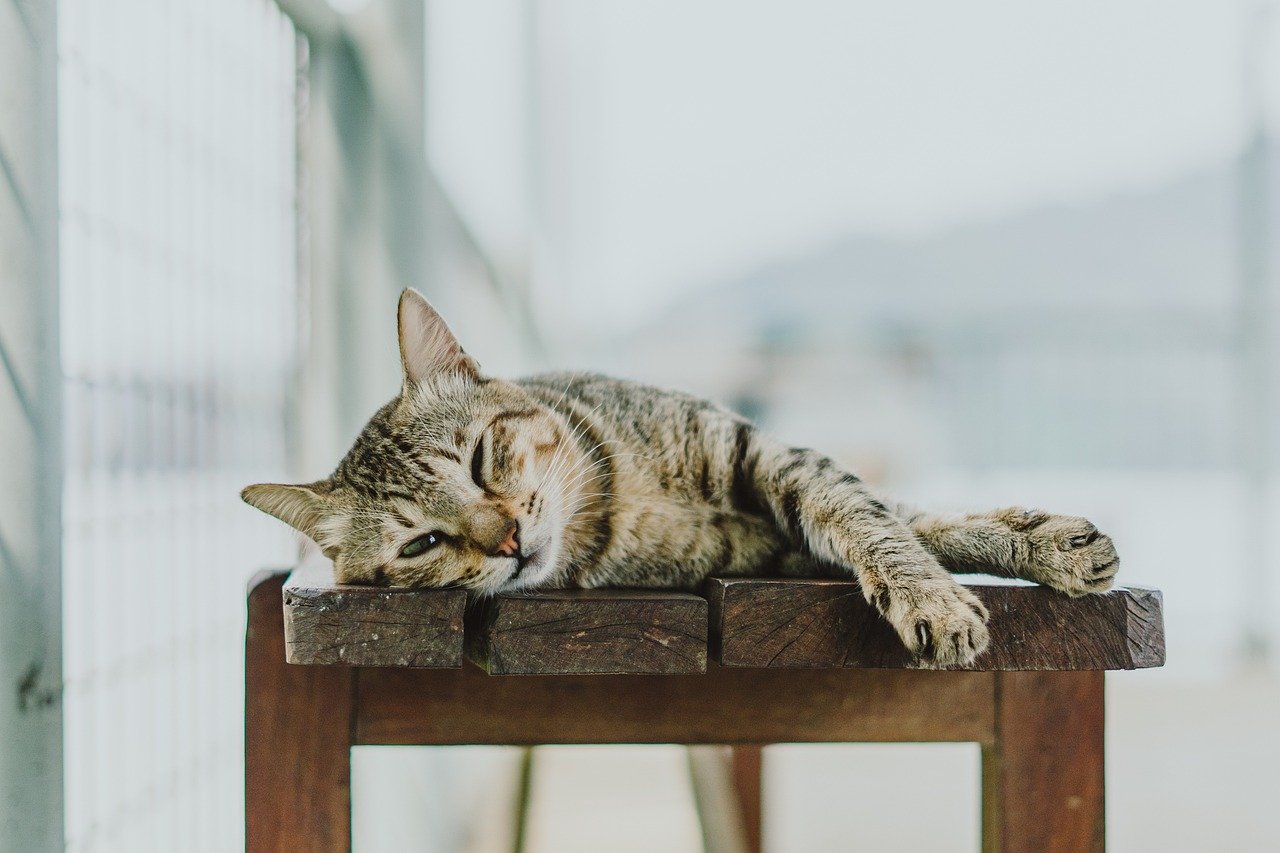
Trauma in cats can stem from various experiences, such as abuse, abandonment, or a frightening encounter. Unlike humans, cats cannot verbally communicate their distress, often leaving us puzzled about their behavior. Recognizing the signs of trauma is crucial. You might notice changes in their eating habits, increased aggression, or withdrawal from social interactions. Understanding these signs is the first step in helping your cat heal. By acknowledging their pain, you become their ally, ready to guide them towards recovery.
Creating a Safe Environment
A safe environment is paramount for a traumatized cat. Just as we seek comfort in familiar surroundings, cats need a secure space to feel at ease. Start by designating a quiet area in your home where your cat can retreat without disturbances. Fill this space with their favorite toys, a cozy bed, and perhaps a piece of your clothing, offering the scent of familiarity. Remember, a cat’s safe haven is their sanctuary, a place where they can begin to trust again.
Establishing a Routine
Cats thrive on routine, and a predictable schedule can be incredibly comforting for a stressed feline. Establish regular feeding times, play sessions, and quiet periods. Just as a child finds reassurance in bedtime stories and morning routines, your cat will find comfort in knowing what to expect. Consistency is key, so stick to the schedule as closely as possible, creating a sense of stability in their world.
Gentle Interactions
When approaching a traumatized cat, always prioritize gentle interactions. Sudden movements or loud noises can exacerbate their anxiety. Approach them slowly, speaking in soft, soothing tones. Offer your hand for them to sniff, but never force contact. Let them come to you when they’re ready. Remember, patience is your greatest ally. Just like a timid animal in the wild, your cat will gradually learn that you mean no harm.
Understanding Body Language
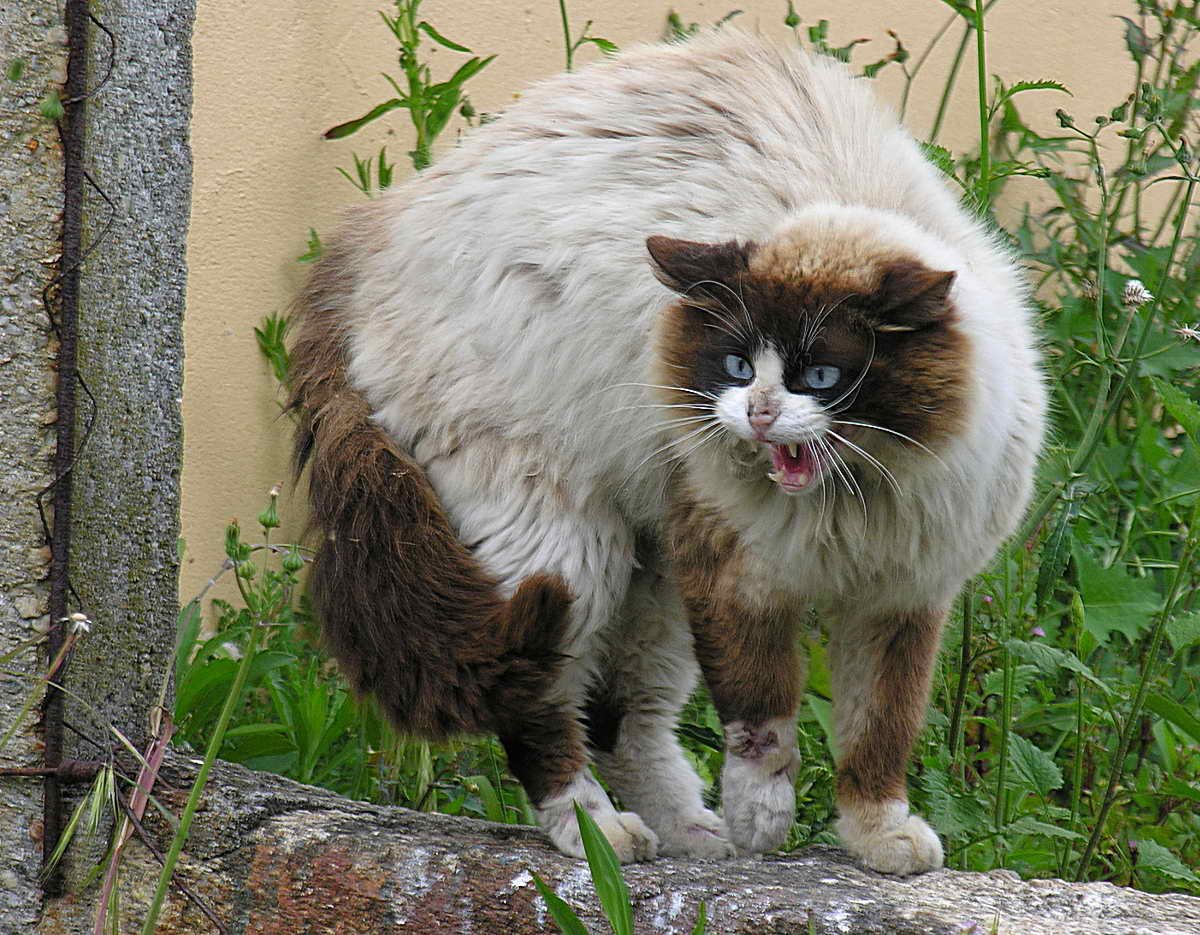
Cats communicate extensively through body language, and learning to read these signals can greatly aid in comforting them. A flicking tail, flattened ears, or dilated pupils are signs of distress. Conversely, slow blinking, purring, and a relaxed posture indicate comfort. By observing these cues, you can tailor your approach to suit your cat’s emotional state, ensuring they feel heard and understood.
Engaging in Play Therapy
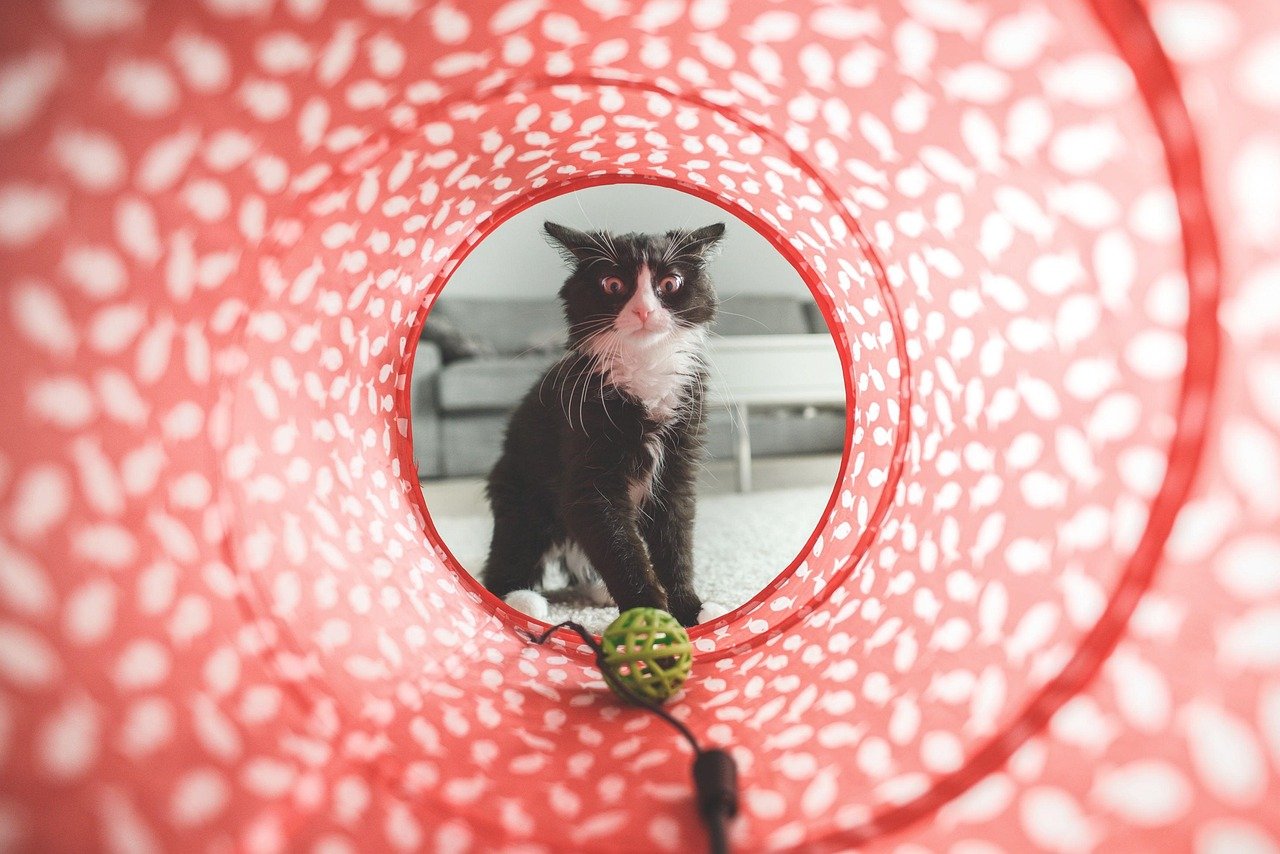
Play is a powerful tool for healing. Engaging your cat in play therapy can help redirect their anxiety into positive energy. Use interactive toys like feather wands or laser pointers to engage their hunting instincts. This not only provides physical exercise but also mental stimulation, helping them release pent-up stress. Remember, playtime is more than just fun—it’s a therapeutic journey towards healing.
Providing Comforting Sounds
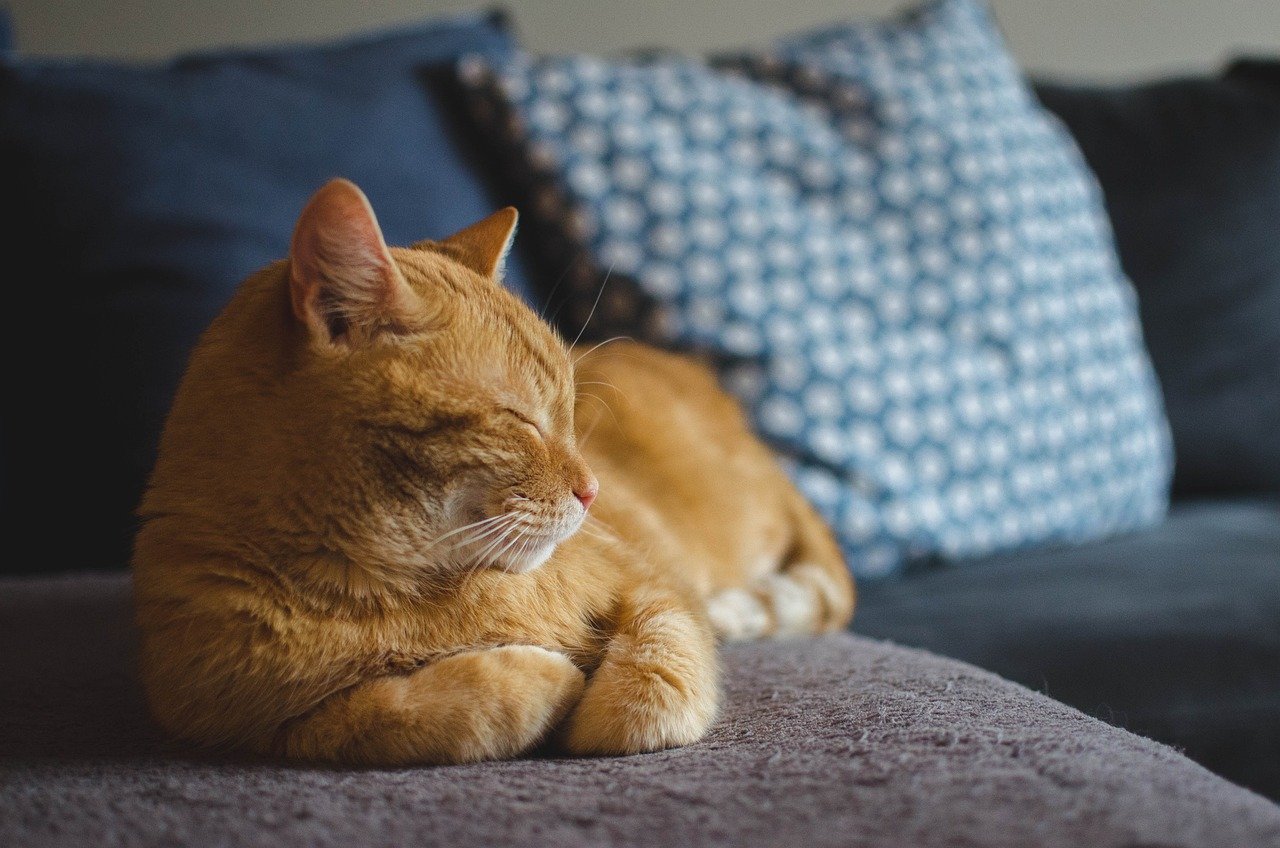
Sound can have a profound effect on a cat’s mood. Consider playing soft, calming music or nature sounds in their environment. The gentle hum of a fan or the rhythmic ticking of a clock can also provide reassurance. Much like a lullaby soothes a crying baby, these comforting sounds can help your cat relax and feel safe.
Using Pheromone Products

Pheromone products, such as sprays or diffusers, mimic the natural calming pheromones that cats produce. These products can be incredibly effective in reducing stress and anxiety. By creating an atmosphere that feels naturally safe, you offer your cat a sense of peace. It’s like lighting a scented candle in a room—it transforms the ambiance, making it warm and inviting.
Encouraging Socialization
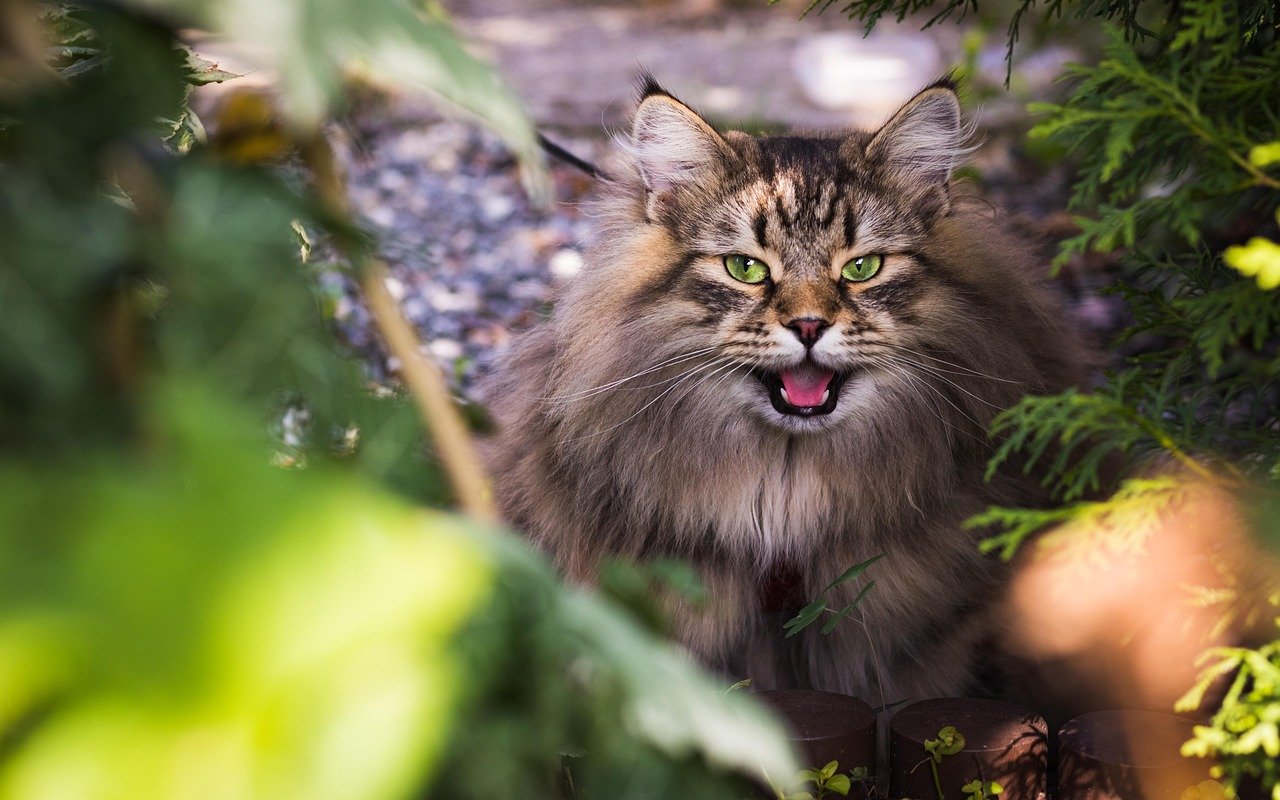
While isolation might seem like a solution, encouraging gentle socialization can benefit a traumatized cat. Slowly introduce them to other pets or family members, ensuring each interaction is positive and stress-free. Socialization helps rebuild their confidence and trust in others, much like a shy person gradually opening up in a supportive group setting.
Building Trust with Treats
Treats can be a powerful motivator and a way to build trust. Offer treats as a reward for positive behavior or simply as a gesture of goodwill. Choose healthy, cat-friendly treats and ensure they’re given in moderation. Over time, your cat will associate your presence with positive experiences, strengthening the bond between you.
Seeking Professional Help
Sometimes, despite your best efforts, your cat may need professional help to overcome their trauma. Consulting a veterinarian or a pet behaviorist can provide valuable insights and strategies tailored to your cat’s needs. Much like seeking therapy for ourselves, professional guidance can be a crucial step in your cat’s healing journey.
Practicing Patience and Empathy

Patience and empathy are essential when comforting a traumatized cat. Healing takes time, and setbacks are part of the process. Approach each day with understanding, recognizing that your cat’s journey is unique. By practicing patience, you show your cat that you’re committed to their well-being, no matter how long it takes.
Offering a Balanced Diet
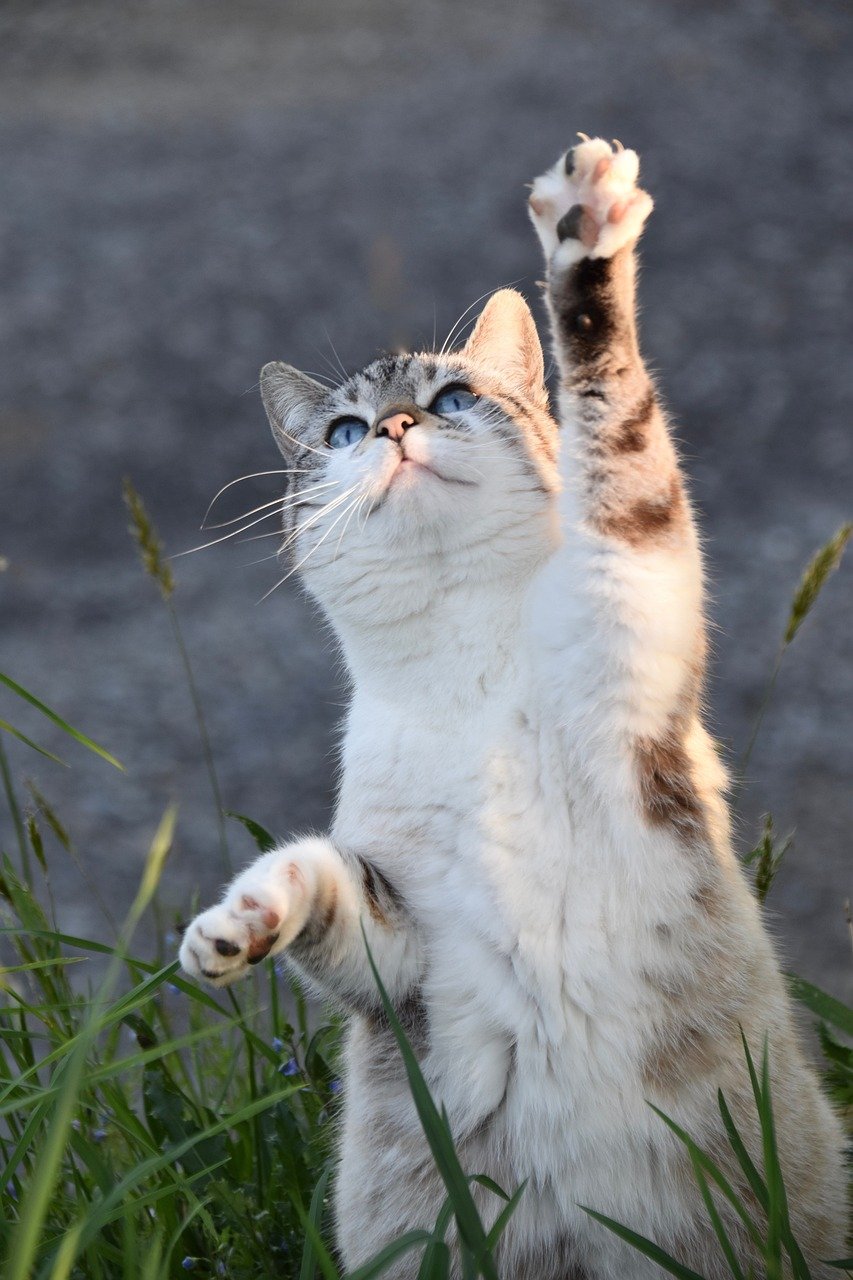
A balanced diet plays a vital role in your cat’s overall health and well-being. Ensure they’re receiving the necessary nutrients to support their recovery. Consult your veterinarian for dietary recommendations tailored to your cat’s specific needs. A healthy diet is like fuel for their body and mind, supporting them on their path to healing.
Respecting Their Personal Space
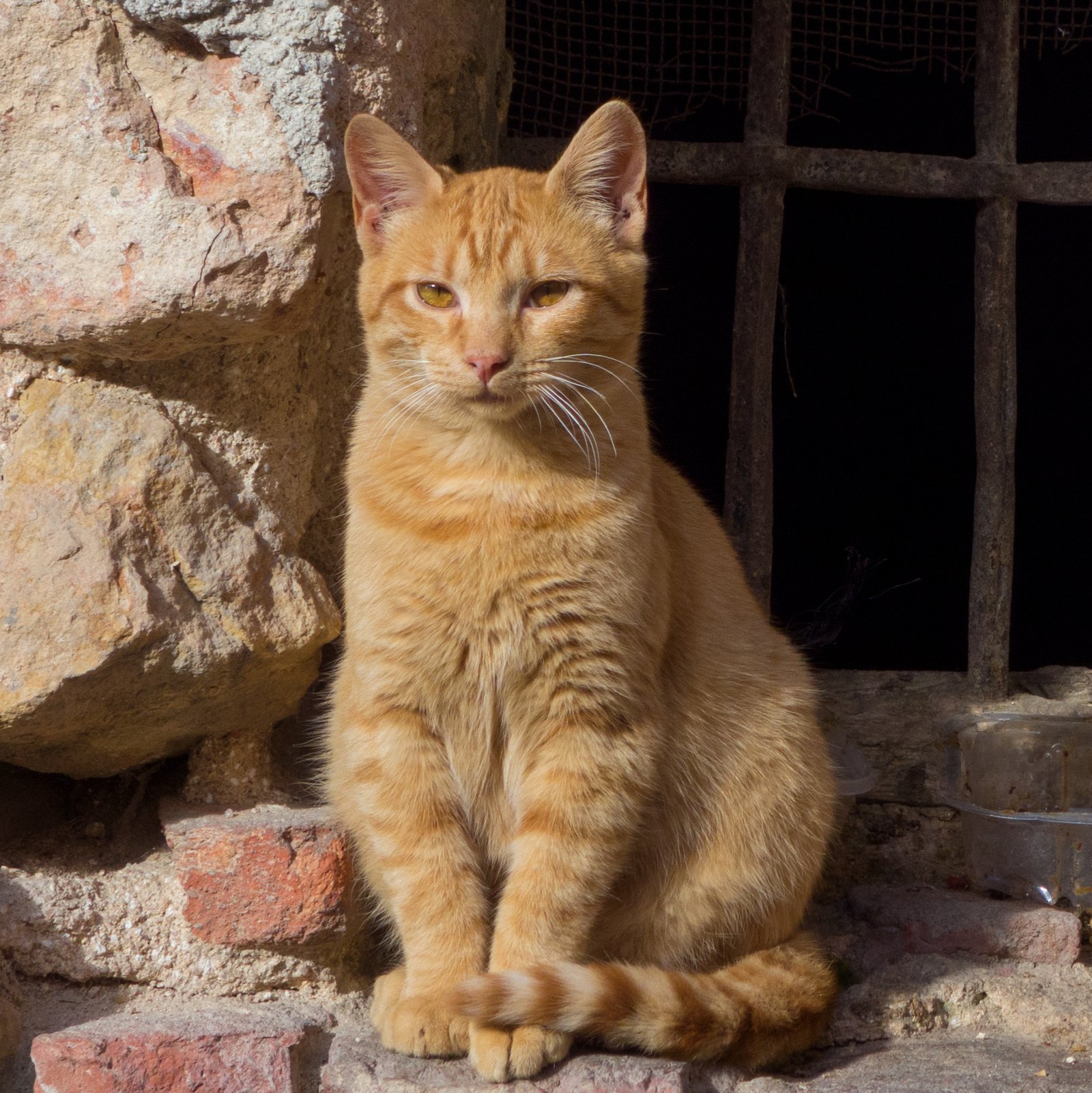
Respecting your cat’s personal space is crucial in their recovery process. Allow them to retreat to their safe haven whenever they need a break. Avoid forcing interactions or invading their space. Just as we value our own personal space, your cat will appreciate the respect you show for theirs.
Recognizing Progress

Celebrate the small victories along the way. Whether it’s a purr, a playful swat, or a gentle nuzzle, each sign of progress is a testament to your cat’s resilience. Acknowledge these moments and cherish them as milestones in their healing journey. Just like a plant slowly growing towards the sun, your cat is blossoming with your care.
Providing Enrichment Activities
Enrichment activities can stimulate your cat’s mind and alleviate stress. Create a stimulating environment with scratching posts, climbing trees, and puzzle feeders. These activities keep their mind engaged and provide an outlet for their energy. By offering variety, you ensure your cat’s days are filled with exploration and discovery.
Maintaining a Calm Demeanor
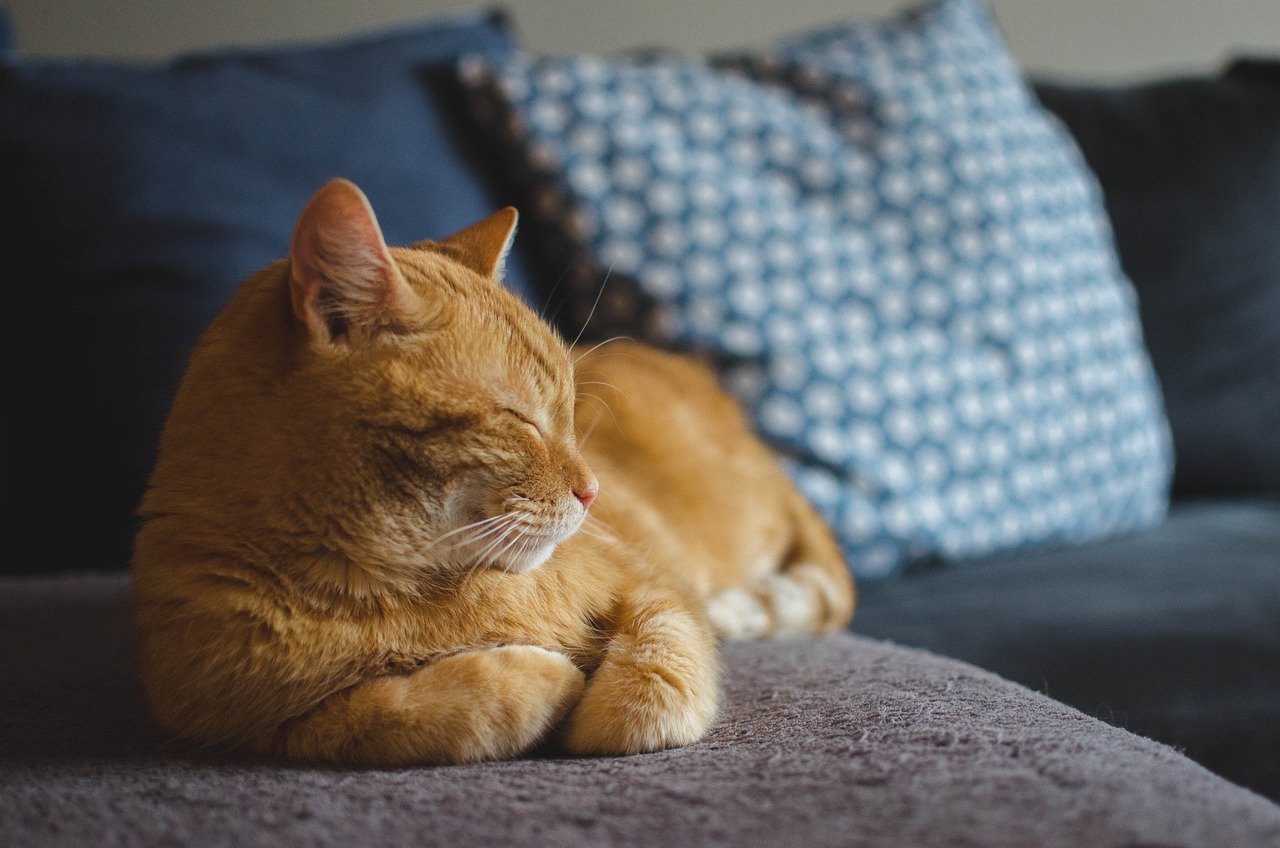
Your demeanor can greatly influence your cat’s mood. Maintain a calm and composed presence, especially during stressful situations. Your energy can either soothe or exacerbate their anxiety. By staying calm, you reassure your cat that everything is under control, fostering a sense of security.
Encouraging Routine Vet Visits
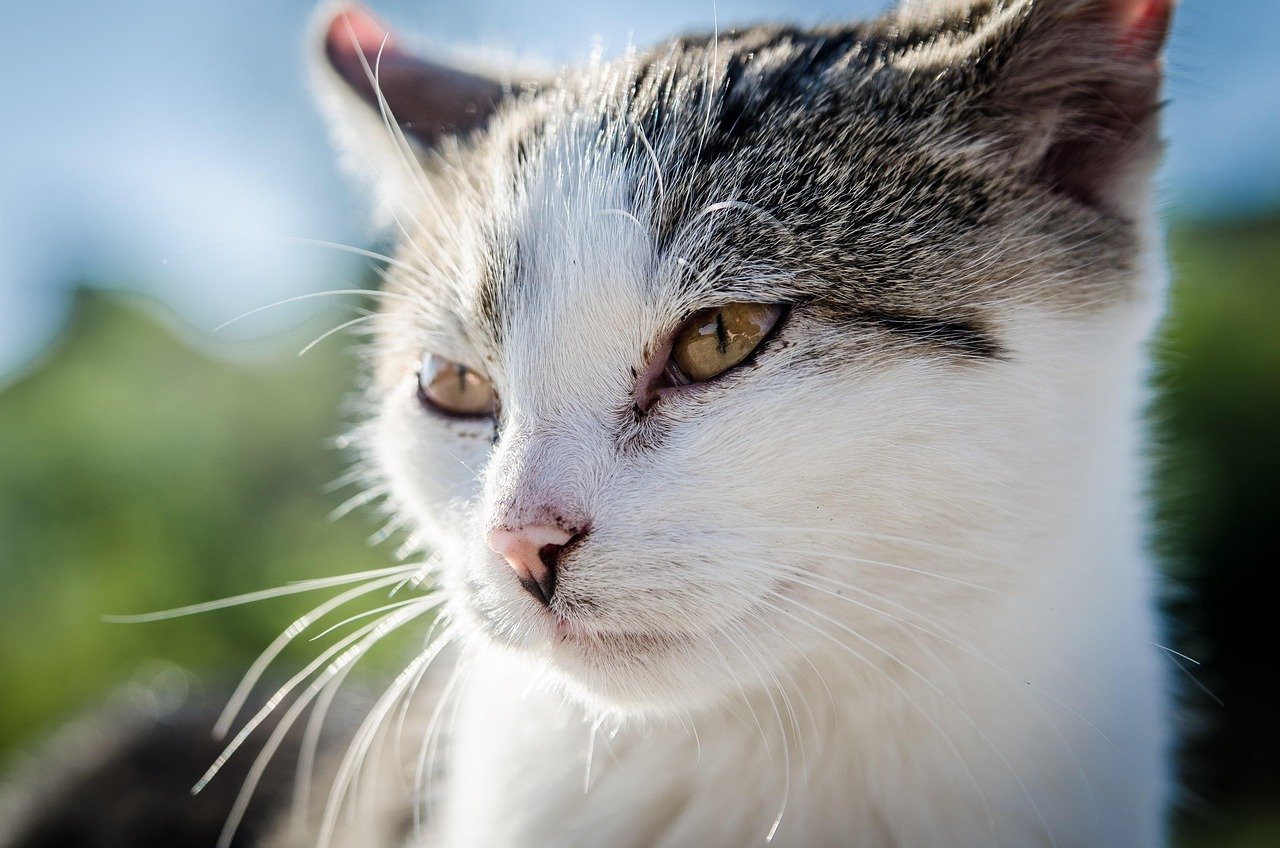
Regular vet visits are essential for monitoring your cat’s health and addressing any underlying issues. Routine check-ups ensure that your cat’s physical well-being is prioritized, allowing for early detection of any health concerns. Just as we schedule regular doctor visits, your cat deserves the same level of care and attention.
Fostering a Loving Environment
Ultimately, fostering a loving environment is the cornerstone of comforting a traumatized cat. Shower them with affection, speak to them kindly, and cherish every moment spent together. Love is the most powerful healer, capable of transforming fear into trust and sorrow into joy. Your unwavering love is the beacon guiding your cat towards a brighter future.
In conclusion, comforting a cat who has been through a lot requires patience, understanding, and a whole lot of love. By creating a safe space, establishing routines, and engaging in gentle interactions, you can help your feline friend heal and thrive. Remember, every small step is a leap towards a happier, healthier life for your beloved cat. What steps will you take today to comfort your furry companion?
Hi, I’m Bola, a passionate writer and creative strategist with a knack for crafting compelling content that educates, inspires, and connects. Over the years, I’ve honed my skills across various writing fields, including content creation, copywriting, online course development, and video scriptwriting.
When I’m not at my desk, you’ll find me exploring new ideas, reading books, or brainstorming creative ways to solve challenges. I believe that words have the power to transform, and I’m here to help you leverage that power for success.
Thanks for stopping by, Keep coming to this website to checkout new articles form me. You’d always love it!


